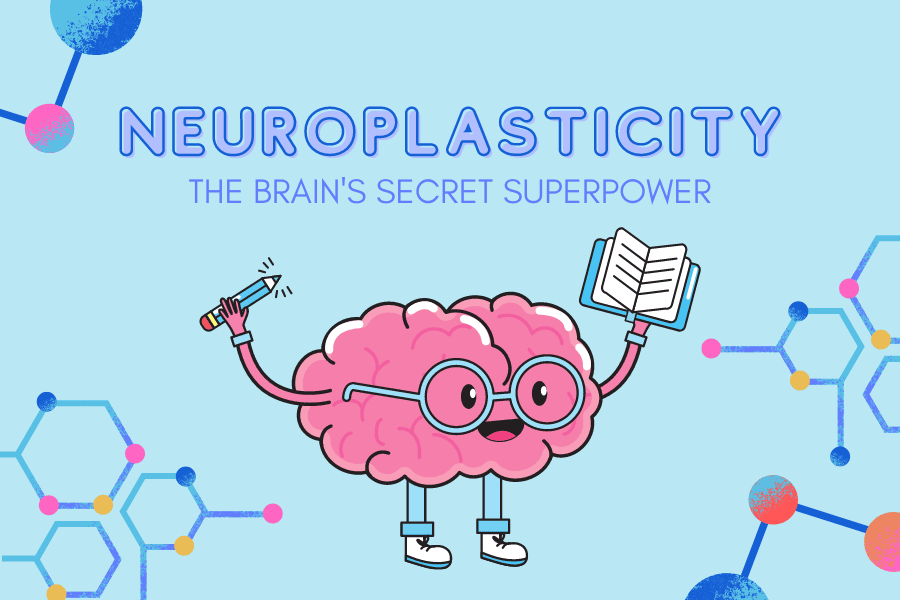
Social Cognition and Social Reality
An individual responds to a social situation based on how they perceive it. Take the story of Romeo and Juliet, for instance—it would have had

Have you ever imagined that, just as water finds new paths as it flows down a mountain, your brain can also create new routes to overcome challenges?
This is the essence of neuroplasticity: the fascinating ability of the brain to adapt, learn, and transform throughout life.
If you believe that profound changes are possible — both in the mind and spirit — you’re about to discover a world where science, spirituality, and nature come together to nurture and strengthen your potential.
Imagine your brain as a garden. Each thought, emotion, or action is a seed. Some bloom quickly, while others need constant care. Neuroplasticity is the process of cultivating this garden, where new connections are formed and old paths can be revitalized or replaced.
Simply put, it’s the brain’s ability to rewire itself — whether by learning new skills, overcoming trauma, or adapting to changes.
And the best part? You are the gardener of this process!
Spiritual and psychological practices play a key role in this transformation process. When you meditate, practice mindfulness, or engage with positive affirmations, something magical happens: your brain begins to create pathways that promote calm, balance, and resilience.
Psychology shows us that repetitive thoughts and emotions shape our neural connections. This means that investing in practices like gratitude and self-love is not just emotionally healthy but literally rewires your mind.
Herbs and plants have been allies of mental and emotional well-being for centuries. On the journey of neuroplasticity, some can act as true catalysts:
Incorporating these herbs into your routine, whether as teas or supplements, can be a simple yet powerful step to support your brain’s constant evolution.
The beauty of neuroplasticity is that it reminds us we are not stuck in old patterns. With intention and healthy practices, we can create a stronger, more flexible mind in harmony with our purpose.
How have you been caring for your brain lately? Share your experience in the comments! And don’t forget to explore other articles on the blog that can further enrich your journey of transformation.

An individual responds to a social situation based on how they perceive it. Take the story of Romeo and Juliet, for instance—it would have had

Who hasn’t forgotten where they left their car keys or phone? Or perhaps forgotten to defrost dinner? These small lapses are what we commonly call

The date 11.01.2024 is a significant moment in the spiritual calendar – the day of the 111 Portal. This unique gateway carries powerful energies of

Nunca mais guarde rancor Na vida, sempre haverá um lado positivo e um lado negativo nas coisas, e cabe a você decidir como quer viver

When someone prefers having a small circle of friends and doesn’t mind spending time alone, they are called loners. Some people confuse solitude with negative

The Mystical Power of Number 12 and the 12/12 Portal Throughout human history, the number 12 has carried profound significance across cultures, religions, and civilizations.



